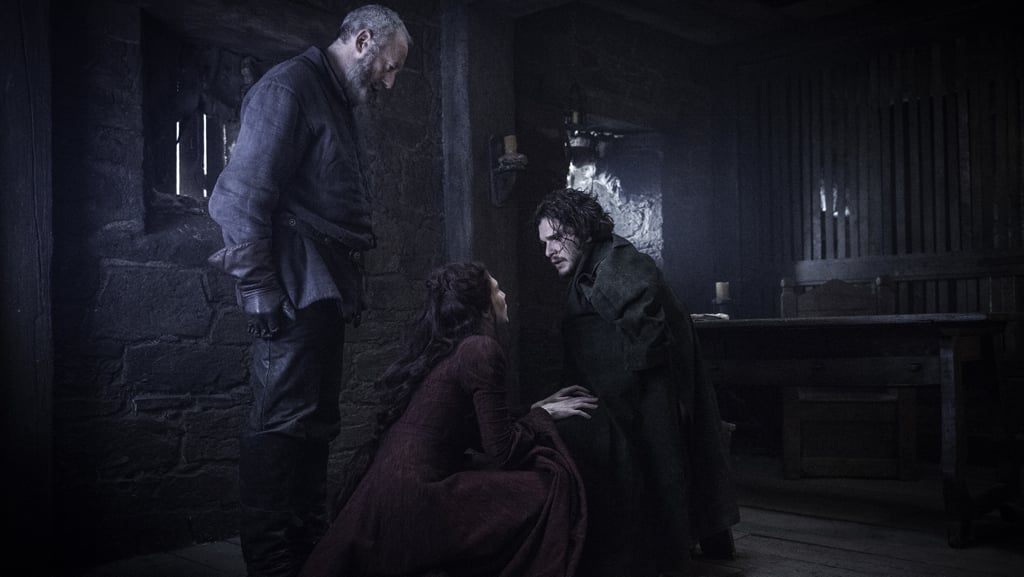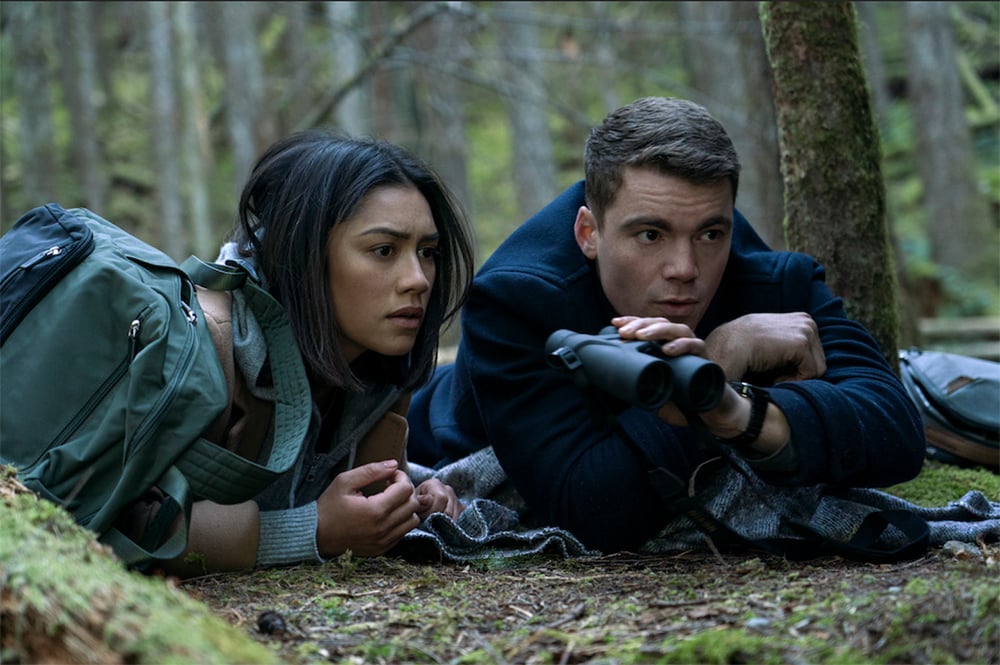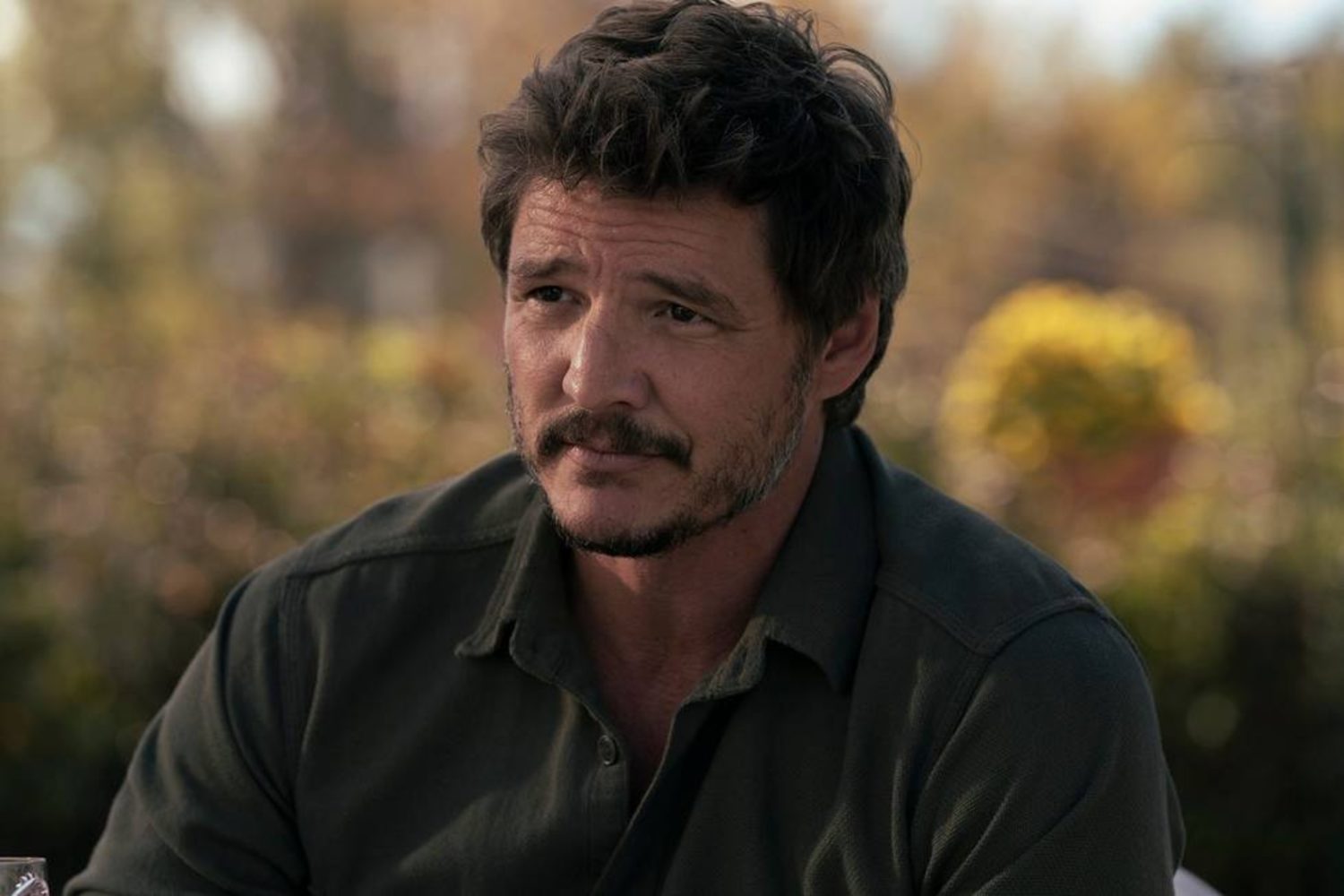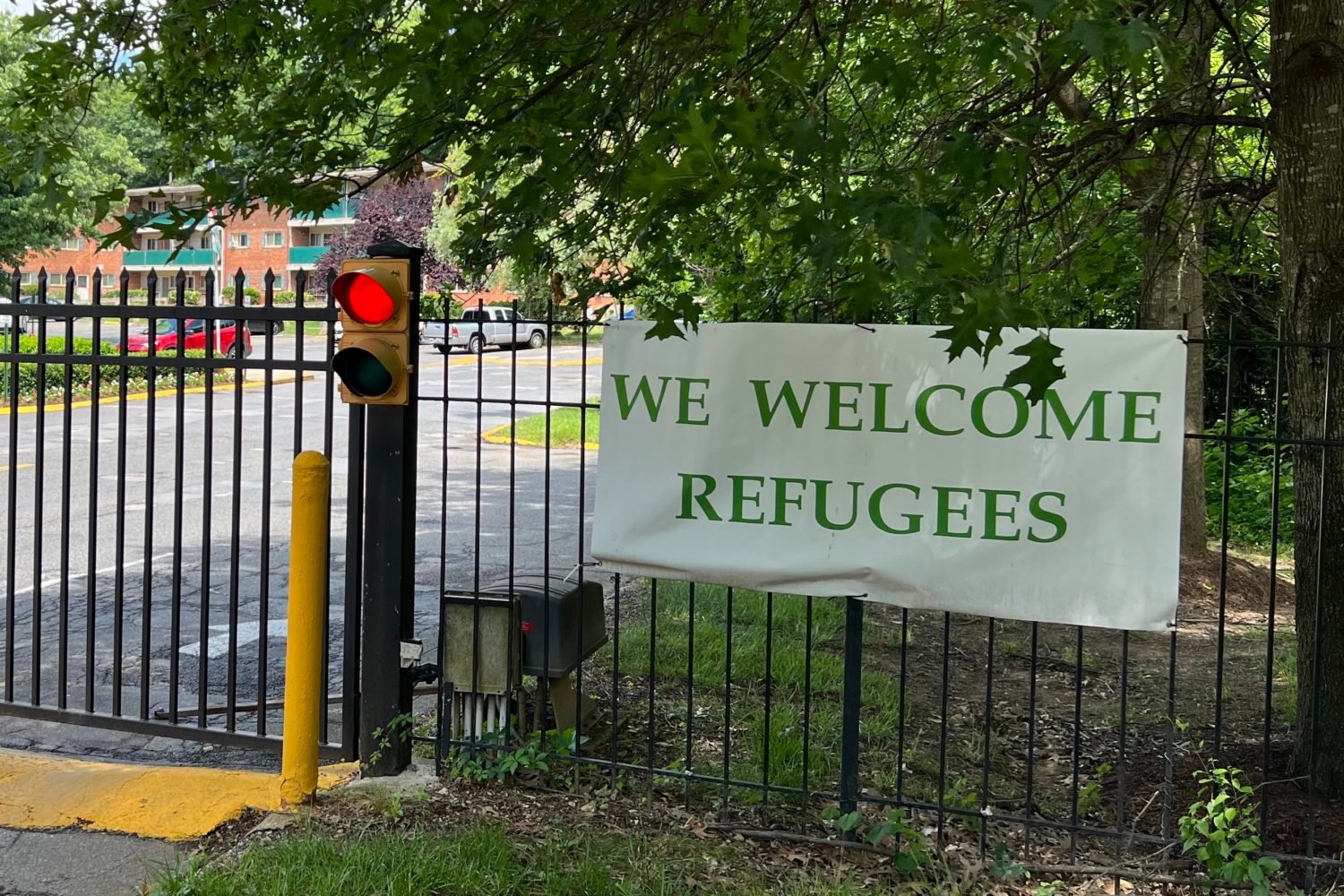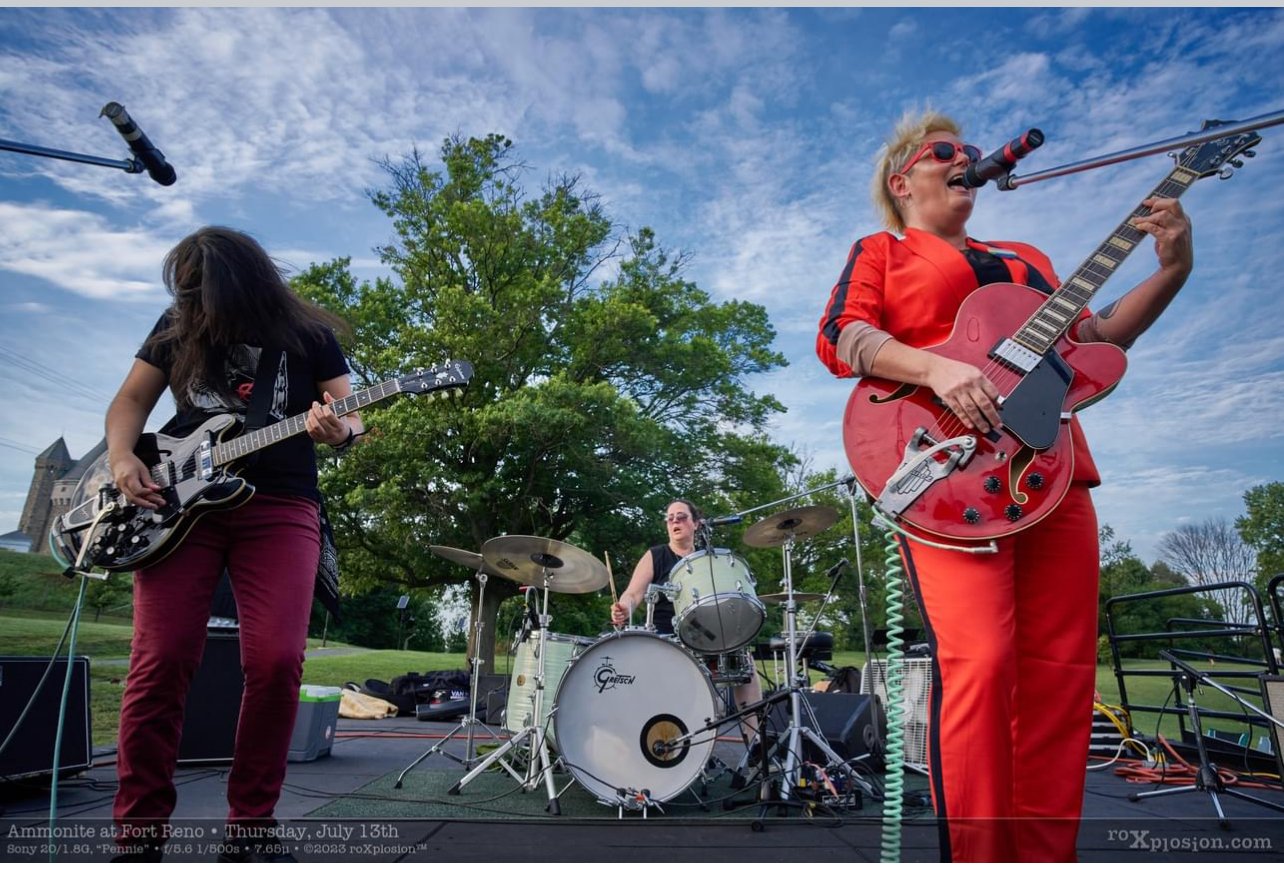Fans of Game of Thrones are counting on the sixth-season finale airing on Sunday to resolve a few of this year’s biggest questions: Will Cersei win her trial? Where is Arya heading next? Will Daenerys finally set sail for Westeros? Will Jon Snow learn anything about his parentage? And just what in seven hells is going on with Bran?
One person who might have already guessed the answers is State Department employee Preston Jacobs. Jacobs—who is usually based in DC but currently assigned to Frankfurt, Germany—is better known to the internet’s Thrones fans as one of the series’s most enterprising followers: He’s a YouTube star who explains his complex and often outlandish theories predicting where both the show and George R. R. Martin‘s A Song of Ice and Fire will go next.
Commenters have called him “Alex Jones” of Thrones theorizers, and his videos have been compared to the 9/11-conspiracy film Loose Change. But Jacobs’s theories aren’t a case of someone pleading that wildfire can’t melt Valyrian steel beams. His ramblings are backed up with a Gregor Clegane-esque mountain of evidence, drawing from close readings of the source material, some sections of which he says he’s read ten times over. A recent video—which posited that many of the series’s gargantuan and supposed “magical” structures are in fact remnants of an advanced civilization, pre-apocalypse—was called “the most insane and compelling theory for how the Wall in Game of Thrones stands” by Esquire.
And Jacobs’s arguments are compelling: His videos have over 23 million views, certifying him as an all-around Game of Thrones expert. He spoke with Washingtonian about how he crafts his theories, his predictions for the season finale, and what Washington can learn from Westeros.
What about this series makes you devote so much time to these intricately crafted, certainly time-intensive theories and videos?
The first thing that really got me interested in the details was when I finished A Dance with Dragons (the fifth and most recent book in the series), and at the end is a pink letter where Ramsay Bolton is demanding various things from Jon Snow at the Wall. And the letter just didn’t seem right to me. Something in my gut sort of said, huh this letter doesn’t seem like it’s actually from Ramsey. And I went online and started searching around and I realized there was actually a whole community out there that was thinking the same thing.
I realized that this wasn’t a typical book—it wasn’t a page-turner beach novel. I didn’t realize how deep they were. And then I went back and read them a second time, and the story changed. All of a sudden you start noticing the background characters and you start seeing that there’s these other plots going on. There is such a richness to it. And there’s so much ambiguity, but at the same time, you can kind of figure out things in the background if you pay attention.
How do you formulate these theories and keep track of all the evidence?
Some people joke that I have bulletin boards up in my room with pieces of yarn like some sort of crazy conspiracy theorist.
But it’s funny, when I make the videos I don’t know where it’s gonna go. I don’t really outline. Fans tell me, “I want you to do a video on this subject,” and then I kinda think of what it might be like subject-wise. And then I just kind of go—sometimes I don’t even know how many how many episodes there’s going to be on each subject, I just read and create and see what happens. I’ve never been very good at organizing.
What’s one of your favorite theories that you’ve developed?
Well my favorite of all is probably one called “The Minds of Wolves and Robins.” That’s a very high level kind of theory questioning everything from the beginning, fundamentally.
I think most people, when they come to a story, they’re thinking that it’s going to be like Harry Potter or Lord of the Rings—that there’s going to be this this male protagonist who’s heteronormative, who’s going to save the world. And that’s most of the audience, these regular white males between 18 and 35 that are seeing themselves in the story and they want to be the hero.
But George R. R. Martin, he’s different. He’s anti-war and he’s a feminist and he turns all of these stories on their heads. Almost all of his writing is anti-war. He was deeply affected by Vietnam and he was a conscientious objector, and so it is very odd that the story that has been presented to pop culture are these evil ice zombies north of the wall that are gonna kill us all. And Jon Snow—he’s the hero and he’s prophesized to save the world. But that’s the story we’ve been told a million times. It’s the Bible, it’s Star Wars, it’s the classic tale.
This theory fundamentally questions that, steps back and says, “Wait a minute—this is a guy who’s against war, who likes having female protagonists, who likes to think about not stereotyping people and questioning our hatred.”
My overall prediction in that is that the White Walkers are not evil. They’re human beings, and that was actually a big thing they revealed in the show this season. I predicted that, and that the Children of the Forest—who in these stories are usually just the good, nature-loving elves —are actually tricking us all into killing ourselves. There are some other big, fundamental things too—there are no gods and there is no religion. And there is no prophecy.
What are your thoughts on like the book versus the show?
I started out just doing book stuff on YouTube and I don’t know if I was motivated to get show fans to read the books or if I was just selling out and wanted a bigger audience, but about half of my stuff is show stuff now.
My general thoughts on the show are it’s an incredible endeavor. It’s really hard to believe that this was ever put on the air, that they know pitched a show and said, “We’re gonna have dragons and zombies, but they’re not actually gonna be part of the plot until like years later. And we’re not gonna have any famous actors except for Sean Bean, and he’s gonna get killed off like immediately. And we’re gonna have hundreds of characters and it’s going to be really confusing.”
I think that the show is keeping with the major themes—anti-war, religion, feminism, feudalism and slavery. But I think without the source material, they’ve been having trouble surprising the audience with twists. They’ve been having trouble with political scheming. I think those are the real faults in the show. They haven’t stepped back and a you know thought about all the motivation and the complexity.
Another big problem is: they still want it to resemble the books in some respect, so they force characters into other roles. They’ve merged characters, they’ve merged Barristan and Tyrion, they’ve merged Sansa and Jeyne Pool. They threw Jamie down to Dorne, they sent Yara to Slaver’s Bay. But the motivations don’t work out when you just need to push somebody somewhere. I think that’s something that the show has kind of been forced into. There was no reason for Sansa to go north, but we needed her to go north, so she went north.
What are your predictions going into the final episode of the season?
I would say that the wildfire in the King’s Landing will probably be set off. I think Tommen will die. Cersei will go mad. Daenerys will start heading home from Slaver’s Bay but I think—I’m not sure if it will happen in this episode—but I’m pretty sure that her other two dragons will be stolen. Dragons represent nuclear weapons and the story of nuclear weapons is proliferation, So I’m thinking that Yara is going to betray Dany. Dany requested that Yara give up reaving, and I don’t think Yara is ever gonna give up reaving. I think she is going to steal a dragon, which would fit nicely with the idea of nuclear proliferation.
I think that the show wants the White Walkers to finally head south. We may see them get to the Wall, maybe break through the Wall. What are we left with? Huh, I think the Freys are definitely going to be dying off. That’s something hinted at in the book, that there’s going to be a civil war. But I think the show will try and make that quicker—there’s probably going to be a mass poisoning of some sort, killing off the Freys.
I guess the big one that everyone wants to know about is the Tower of Joy. I’m not sure if the show is going to be bold enough to tell us who was born at the Tower of Joy. Some people think it’s Jon, some people think it’s Dany, some people think it’s both, “twinsies.” I’m more on the Dany side, most people are on the Jon side. I think Dany is a more interesting story—in the books, her memories are to be questioned. There are far too many things wrong, too many contradictions about how she grew up.
Are there connections you can draw between the political intrigue and international affairs of the series and your day job at the State Department?
I would say that in real life, diplomats are much more careful and thoughtful than the protagonists in Game of Thrones. Our protagonists are kind of idiots, they’re easily manipulated by these schemers, the Littlefingers and the Varyses. The book is also filled with conspiracies, as is George R. R. Martin’s other writing. He likes having these large conspiracies that are controlling things, and in real life those things don’t exist. In the real world, you can’t get a hundred people to keep a secret. Everything leaks in the government.
Is Game of Thrones especially relevant to Washington in any way?
Yeah. Game of Thrones talks about you know how we perceive the “other.” Keep in mind in the books the White Walkers are called the Others. George R. R. Martin is very clear that this is an imagined enemy. This is how we perceive the enemy, as the “other.” When we talk about something like Middle East politics or what we’ve seen in the last political cycle with immigrants—you can create an “other” and people can rally around an enemy that’s imagined. Everything is completely relevant here.
The creator of the series is a huge, enormous hippie—he believes in “make love not war” and he’s a huge feminist too. Everything that he’s writing about is relevant to politics today.

